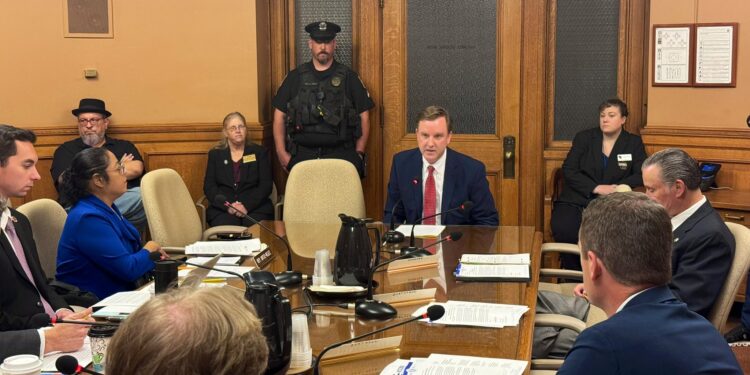The Wisconsin Supreme Court decided to take on a case regarding race based scholarships after an appellate court ruled that the grants were discriminatory earlier this year.
The case could have far-reaching implications as the United States Supreme Court effectively ended affirmative action in college admissions in 2023, but left the question of affirmative action for other taxpayer funded programs and institutions open.
Caleb Gerbitz, an attorney at Meissner Tierney Fisher & Nichols in Milwaukee said that the case could help answer some of those questions.
“This was an interesting case because it’s a category that’s adjacent to college admissions,” said Gerbitz. “What the U.S. Supreme Court left open … is whether you can consider race in other settings, outside of academia.”
The case comes as the Wisconsin legislature is considering a constitutional amendment to ban racial quotas and preferences in all governmental institutions. (RELATED: Poll: Majority of Wisconsin Voters Oppose Increased Education Spending)
The Wisconsin Institute for Law and Liberty, or WILL, believes the case against race-based education grants and scholarships is likely to succeed on its merits, citing a decision from an appellate judge who agreed that considering race is discriminatory.
“The appellate judges agreed with WILL that the state of Wisconsin can offer aid based on need, income level, or personal hardships—but not race.” WILL Deputy Counsel, Dan Lennington, stated. “Their comprehensive decision marks a turning point in the fight for true equality for both our state and country.”
Richard Freihoefer, a WILL client, said that doling out aid and scholarships based on race amounts to taxpayer-funded discrimination. (RELATED: Wisconsin Judge Unlawfully Joins Partisan Anti-Trump Protest)
“We need to stop discrimination everywhere,” said Freihoefer. “Too often, taxpayers are unknowingly funding inefficient, wasteful, and illegal efforts by their own government. Today’s ruling ends one significant example.”
































